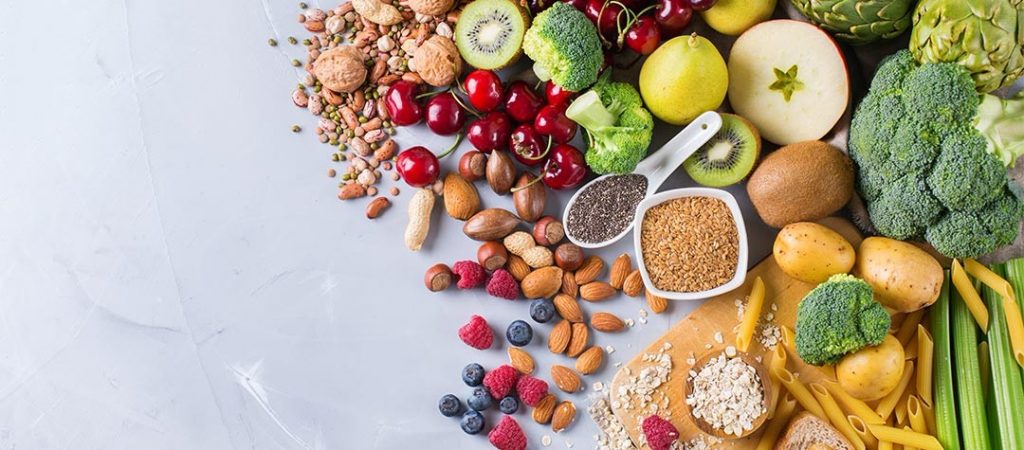Pros and Cons of Being a Vegetarian (or Vegan)

Article by Wesley Virgin
A vegetarian or vegan diet is a plant-based diet where you get all the necessary nutrition by depending purely on fruits, veggies, and grains. Fruits and vegetables are essential. “Eating tons of veggies and fruits can help an individual sustain optimal energy.”
However, there are two sides to every coin, and being a vegetarian is no exception. Let’s check out the pros and cons of going vegan.
The Pros
In an attempt to reduce the carbon emissions from livestock, veganism is widely encouraged because of climate change. But there are health benefits too.
For one, a vegetarian diet is a good diet for losing weight since there is no intake of animal fat since there is no animal fat. The amount of fiber will keep your bowel movements regular.
And as long as you plan the diet correctly, including carbohydrates, proteins, fats, vitamins, minerals, and water in adequate amounts, you can live super healthy.
The Cons
Unfortunately, some problems come with becoming a vegetarian or vegan as well. Though there is a plant-based alternative for almost all types of animal nutrients out there, the amount is lower in comparison. Which means you have to take more food.
Sometimes, that might not be enough, and you might need supplements—especially protein supplements since plant proteins are much weaker than animal ones. Moreover, if you’re an athlete, it won’t be possible at all for you to go vegan.
About Wesley Virgin
Dropping out of college didn’t manage to stop Wesley Virgin from pursuing his true passions. At present, Wesley Virgin has gained a name as a fitness trainer. And that’s not all; his success stretches to being an entrepreneur, internet personality, and
